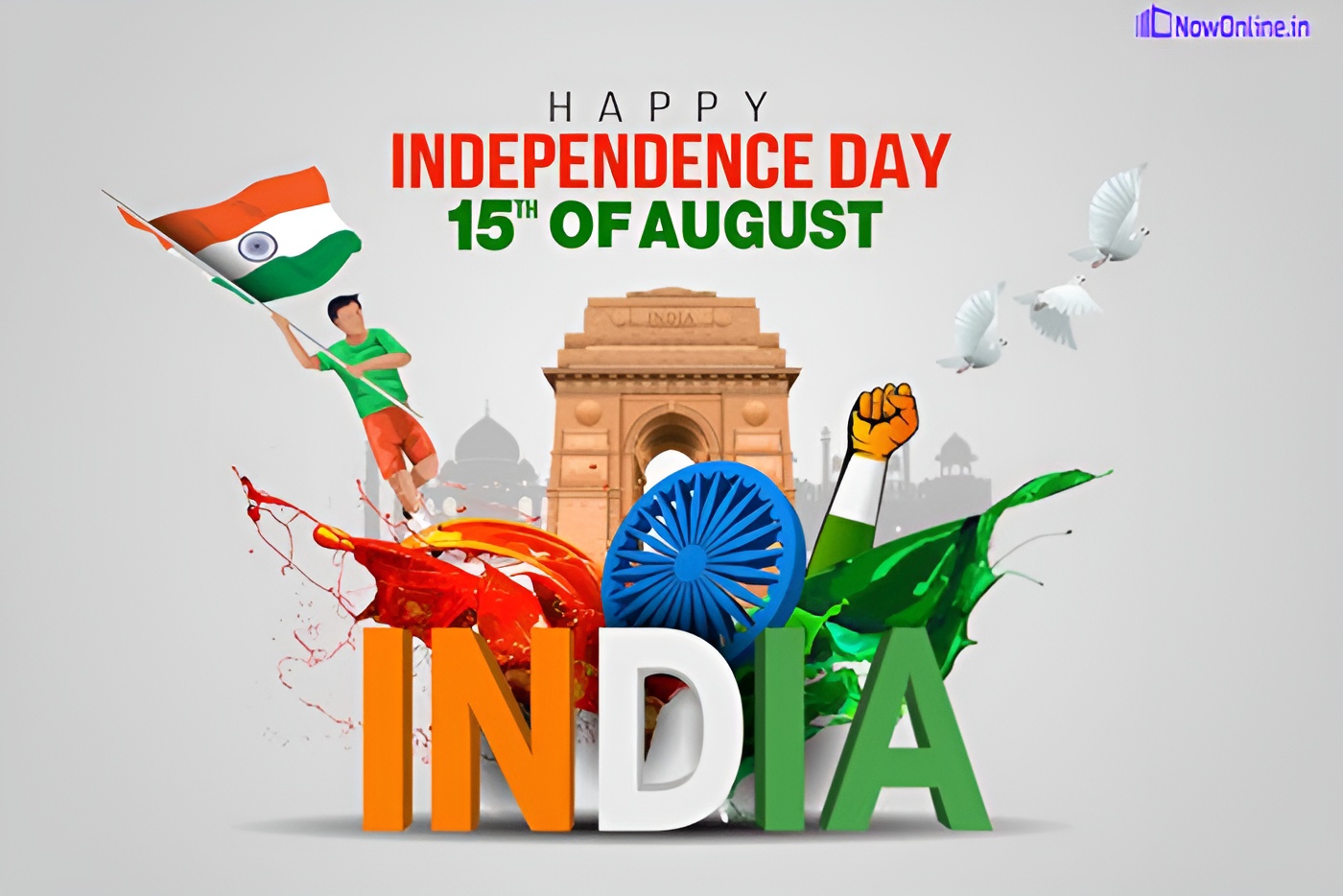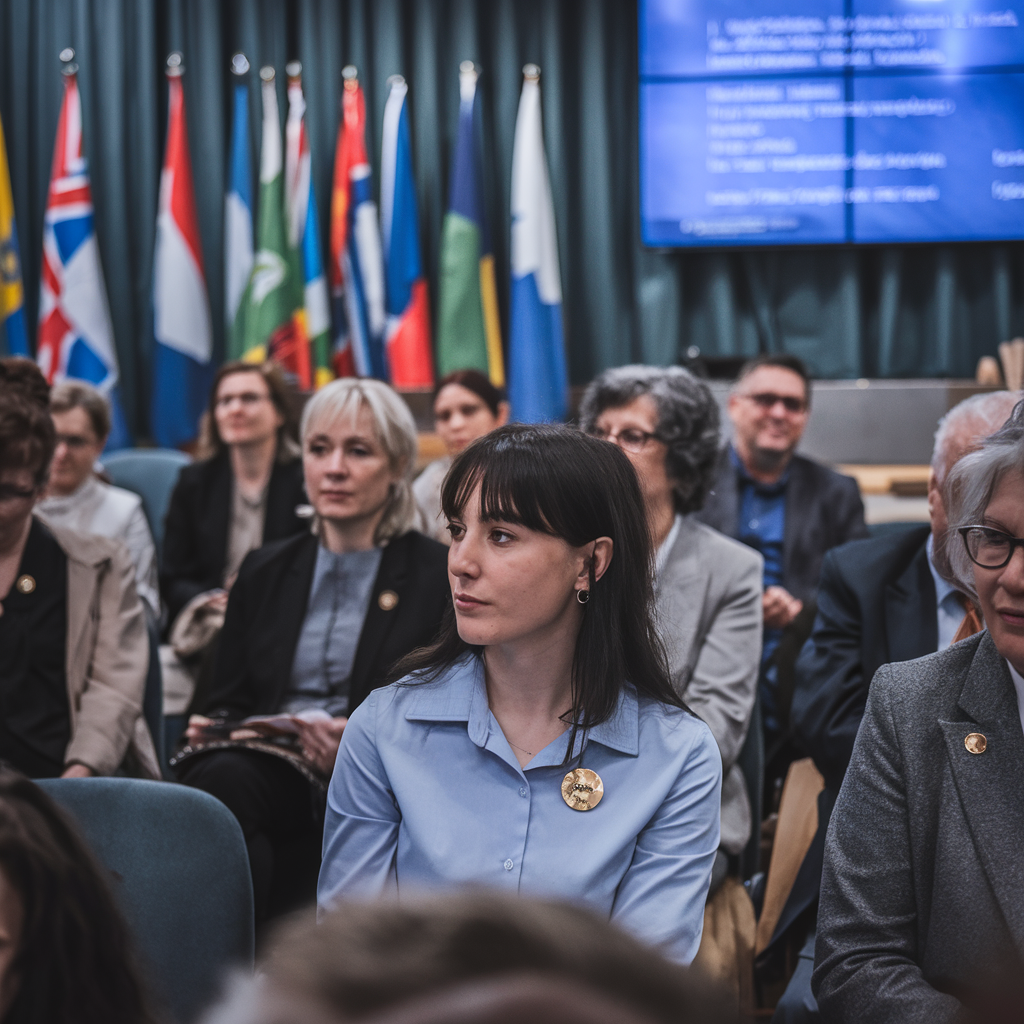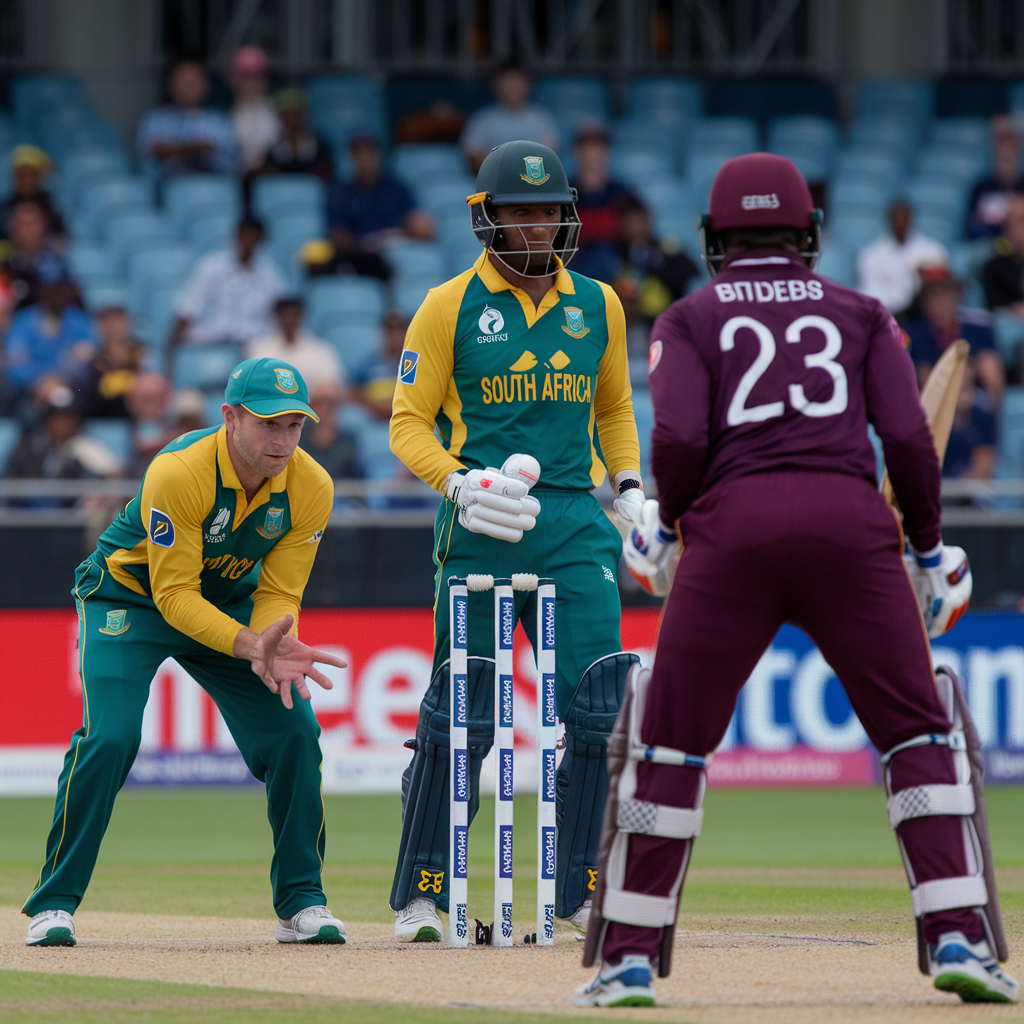Comprehensive Outline for “Saudi Crown Prince Mohammed bin Salman and Saudi Arabia”
| Main Topic | Subtopics |
|---|---|
| 1. Introduction to Mohammed bin Salman (MBS) | Overview of MBS, His Role, and Influence in Saudi Arabia |
| 2. Early Life and Background | Birth, Education, and Family Background of MBS |
| 3. Rise to Power | Journey from Deputy Crown Prince to Crown Prince |
| 4. Vision 2030 and Economic Reforms | Outline of Vision 2030, Key Objectives, and Impact on Saudi Arabia’s Economy |
| 5. Social and Cultural Reforms | Women’s Rights, Entertainment Sector, and Cultural Changes in Saudi Arabia |
| 6. Foreign Policy and Diplomacy | Saudi Arabia’s Regional and Global Relations under MBS |
| 7. Controversies and Criticisms | Jamal Khashoggi Case, Human Rights Issues, and Global Reactions |
| 8. Economic Diversification Plans | Shift from Oil Dependency, NEOM Project, and Other Key Initiatives |
| 9. MBS’s Leadership Style | Authoritarian Tendencies, Decision-Making Approach, and Governance Model |
| 10. Defense and Military Strategy | Role in Yemen Conflict, Military Modernization, and Defense Policies |
| 11. Relationship with the Royal Family | Internal Dynamics, Support, and Resistance within the Saudi Royal Family |
| 12. Technological Advancements and Innovation | Focus on AI, Digital Transformation, and Smart City Initiatives |
| 13. Human Rights and Social Justice Initiatives | Recent Reforms, Limitations, and International Scrutiny |
| 14. Future of Saudi Arabia under MBS | Predicted Trajectories, Economic Goals, and Long-Term Vision |
| 15. International Perception and Reputation | Global Media Portrayal, Alliances, and Diplomatic Challenges |
| 16. The Role of Religion under MBS | Balancing Islam with Modernization, Religious Authority, and Societal Changes |
| 17. Investment in Sports and Entertainment | Sports Partnerships, Global Events (e.g., F1), and the Role of Tourism in Economic Growth |
| 18. Saudi Arabia’s Role in OPEC and Global Energy Markets | MBS’s Influence in OPEC, Energy Policy, and Global Oil Relations |
| 19. Challenges and Obstacles | Economic, Political, and Social Challenges Faced by MBS and the Kingdom |
| 20. Conclusion and Legacy | Evaluating MBS’s Legacy and His Impact on Saudi Arabia’s Future |
Saudi Crown Prince Mohammed bin Salman and Saudi Arabia: A Comprehensive Analysis
Crown Prince Mohammed bin Salman (often known as MBS) is a central figure in Saudi Arabia’s modern history, driving transformative changes that are reshaping the Kingdom both internally and externally. His reforms, strategic decisions, and ambitious plans have caught the attention of the world, making him one of the most influential figures in global politics today. This article provides an in-depth look at MBS, his background, his rise to power, and how he is positioning Saudi Arabia for the future.
1. Introduction to Mohammed bin Salman (MBS)
Mohammed bin Salman, born on August 31, 1985, currently serves as the Crown Prince of Saudi Arabia and is widely regarded as the Kingdom’s de facto ruler. As the son of King Salman bin Abdulaziz Al Saud, MBS has led Saudi Arabia through a period of rapid change and reform. From spearheading Vision 2030 to altering the social landscape of the country, his leadership is redefining Saudi Arabia’s role on the global stage. MBS’s mix of modernization efforts, economic diversification, and authoritative governance marks a pivotal shift in the Kingdom’s history.
2. Early Life and Background
Born into Saudi Arabia’s royal family, Mohammed bin Salman is the eldest son of King Salman and his third wife, Fahda bint Falah Al Hithlain. Raised in Riyadh, he pursued an education in law at King Saud University, graduating near the top of his class. From a young age, MBS was exposed to politics and state affairs due to his father’s various government roles. This early exposure, combined with his sharp intellect, laid the foundation for his rise in Saudi politics.
3. Path to Power
MBS’s rise to power was both swift and strategic. In 2015, he was named Deputy Crown Prince, and within just two years, in June 2017, he became Crown Prince after his father removed the sitting Crown Prince, Mohammad bin Nayef. At the age of 32, MBS was elevated to the position of Crown Prince, solidifying his role as the next in line to the Saudi throne. His ascent represents a generational shift within the Saudi royal family, with a focus on reform, modernization, and aggressive leadership.
4. Vision 2030 and Economic Reforms
One of MBS’s most significant initiatives is Vision 2030, a strategic plan aimed at reducing Saudi Arabia’s dependency on oil, diversifying the economy, and transforming various sectors like tourism, entertainment, and technology. Launched in 2016, Vision 2030 represents a bold shift towards a more sustainable and diversified economy. Central to this vision is the Saudi Public Investment Fund (PIF), which is driving investments in key sectors both locally and internationally. The ambitious NEOM project, a futuristic mega-city, is one of the flagship projects under this vision, symbolizing Saudi Arabia’s intent to become a global leader in innovation and technology.

5. Social and Cultural Reforms
Under MBS’s leadership, Saudi Arabia has witnessed unprecedented social changes. One of the most notable reforms was the lifting of the ban on women driving in 2018, a move that signaled a shift towards greater gender equality. MBS also curtailed the powers of the religious police and promoted the growth of the entertainment sector, with cinemas, concerts, and cultural events now part of the Saudi landscape. These changes are aimed at creating a more vibrant society that appeals to the Kingdom’s youth, who form a significant portion of the population.
6. Foreign Policy and Diplomacy
Saudi Arabia’s foreign policy has become more assertive under MBS, with a strong emphasis on countering Iranian influence in the region and strengthening alliances with Western powers. The Kingdom has played a key role in the conflict in Yemen, leading a coalition against Houthi rebels. Additionally, MBS has pursued stronger ties with global powers like the United States, while also exploring partnerships with countries like China and Russia. The ongoing normalization process with Israel, although still unofficial, is indicative of the changing dynamics in the Middle East under MBS’s leadership.
7. Controversies and Criticisms
Despite his efforts to modernize the Kingdom, MBS’s leadership has been marred by controversies. The assassination of journalist Jamal Khashoggi in 2018 at the Saudi consulate in Istanbul remains one of the most significant stains on his record. Global condemnation and intense scrutiny followed, with accusations pointing towards MBS’s involvement. Additionally, human rights organizations have consistently criticized the crackdown on dissent, including the arrests of activists, journalists, and even members of the royal family. These actions have fueled concerns about MBS’s increasingly autocratic rule.
8. Economic Diversification Initiatives
At the heart of MBS’s Vision 2030 is the need to move away from oil dependency. The NEOM project, a $500 billion futuristic city that integrates smart technologies and sustainable energy, epitomizes his vision for the future. Alongside NEOM, MBS has emphasized the development of sectors like entertainment and tourism to generate new revenue streams. By opening up the country to foreign investors and launching initiatives like the Red Sea Project, Saudi Arabia aims to attract global attention and investments, further cementing its place on the world stage.
9. MBS’s Leadership Style
MBS’s leadership style is characterized by a blend of pragmatism and authoritarianism. He is a reformer in many respects, but his methods often involve tight control and little for dissent. His centralized decision-making has allowed him to enact sweeping changes quickly, but it has also drawn criticism for being heavy-handed. The 2017 anti-corruption crackdown, which led to the arrest of dozens of princes, businessmen, and government officials, was seen by many as a move to consolidate power rather than a genuine effort to tackle corruption.
10. Defense and Military Strategy
Under MBS, Saudi Arabia has adopted a more aggressive stance in regional conflicts, particularly in Yemen, where the Kingdom leads a coalition fighting against Houthi rebels. MBS has also prioritized modernizing Saudi Arabia’s military and defense capabilities, investing heavily in advanced technologies and military equipment. This aggressive posture is part of his broader to counter Iran’s influence in the region and establish Saudi Arabia as a dominant military power in the Middle East.
11. Internal Royal Family Dynamics
The Saudi royal family, traditionally known for maintaining a delicate balance of power, has seen significant shifts under MBS. His ascent to Crown Prince involved sidelining more experienced and senior members of the royal family, which created internal tensions. However, MBS has managed to consolidate his power through a combination of loyalty, patronage, and strategic appointments. Despite some resistance within the royal family, MBS has largely succeeded in securing his position as the dominant force in Saudi governance.
12. Technological Advancements and Innovation
MBS has placed a strong emphasis on technology and innovation as key components of his vision for Saudi Arabia’s future. The Kingdom is investing in artificial intelligence, city infrastructure, and digital transformation projects. The NEOM city project is at the forefront of this technological push, designed to be a hub for innovation and a showcase for what the future of urban living could look like. These initiatives align with MBS’s broader goal of positioning Saudi Arabia as a leader in the global tech landscape.
13. Human Rights and Social Justice Reforms
While MBS has introduced significant reforms, the Kingdom’s human rights record remains a point of contention. On one hand, MBS has relaxed some of the restrictive laws women and implemented initiatives aimed at improving social justice. However, these advancements are often overshadowed by ongoing repression of activists and critics. International organizations continue to call out Saudi Arabia for its harsh treatment of dissidents, lack of political freedoms, and limited tolerance for opposing viewpoints.
14. The Future of Saudi Arabia Under MBS
Looking ahead, the future of Saudi Arabia under MBS is filled with both and challenges. If his Vision 2030 plan succeeds, Saudi Arabia could emerge as a global economic powerhouse with a diversified and modernized economy. However, the road ahead is fraught with obstacles, including fluctuating oil prices, regional instability, and the need to balance rapid modernization with traditional values. MBS’s ability to navigate these challenges will determine his legacy and the long-term trajectory of Saudi Arabia.
15. International Perception and Global Reputation
MBS’s global image is a mix of admiration and skepticism. On one, he is praised for his bold vision and willingness to challenge the status quo. On the other hand, the controversies surrounding his leadership, particularly the Khashoggi case and human rights issues, have severely tarnished his reputation in the international community. While he has successfully attracted foreign investment and forged new alliances, the lingering concerns about his governance style and human rights record continue to shape the world’s perception of him.
16. The Role of Religion Under MBS
Balancing the country’s Islamic identity with the need for modernization is one of challenges MBS faces. He has sought to redefine the role of religion in Saudi society, promoting a more moderate interpretation of Islam that aligns with his vision for progress. This includes curbing the influence of ultra-conservative religious figures and reducing the role of religious institutions in governance. While these moves have garnered support among younger Saudis, they also risk alienating more conservative segments of the population.
17. Investment in Sports and Entertainment
Under MBS, Saudi Arabia has invested heavily in sports and as part of its economic diversification strategy. Hosting major international events, including Formula 1 races and global boxing matches, has put the Kingdom on the map as a destination for global sports and entertainment. The development of large-scale entertainment complexes and tourism infrastructure is also aimed at boosting the Kingdom.






